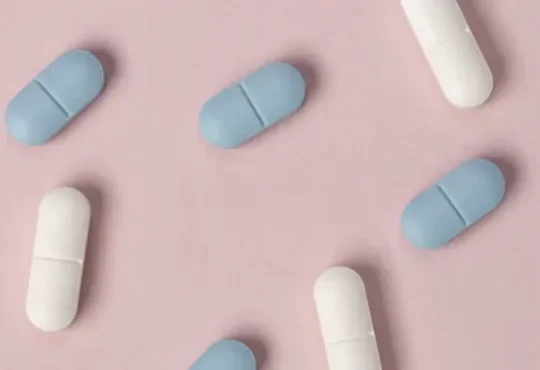Understanding the Relationship Between Hormones and Depression

Depression is a common mental health disorder that affects people of all ages, genders, and backgrounds. While there are several factors that contribute to depression, recent studies have suggested that hormones may play a significant role in its development. In this article, we’ll take a closer look at the relationship between hormones and depression and explore how they affect each other.
What are Hormones?
Hormones are chemical messengers that are produced by glands in the endocrine system. They regulate various bodily functions such as metabolism, growth, and reproduction. Hormones are released into the bloodstream and travel to target organs and tissues to carry out their functions.
How Hormones Affect Depression
Research has shown that hormones can affect a person’s mood and emotional state. Hormones such as cortisol, which is produced by the adrenal gland, can increase feelings of stress and anxiety when released in excess. Similarly, low levels of serotonin, a hormone that regulates mood, can lead to symptoms of depression.
Changes in hormones levels can also occur during certain life events such as pregnancy, menopause, and puberty. These changes can affect a person’s emotional state and may contribute to the development of depression.
The Role of Estrogen
Estrogen is a hormone that is primarily associated with female reproductive health. However, it also plays a role in regulating mood. Studies have shown that women who experience a decline in estrogen levels, such as during menopause, are at a higher risk of developing depression.
Estrogen therapy has been shown to improve mood and reduce symptoms of depression in women who have experienced a decline in estrogen levels. However, there are risks associated with estrogen therapy, and it should only be used under the guidance of a healthcare professional.
The Role of Testosterone
Testosterone is a hormone that is primarily associated with male reproductive health. However, it also plays a role in regulating mood. Low levels of testosterone have been linked to symptoms of depression in men. Testosterone replacement therapy has been shown to improve mood in men with low levels of testosterone. However, like estrogen therapy, there are risks associated with testosterone therapy and it should only be used under the guidance of a healthcare professional.
While hormones play a complex role in the development of depression, it is important to remember that they are only one factor. Depression is a complex disorder that is influenced by a variety of biological, psychological, and social factors. If you or someone you know is experiencing symptoms of depression, it is important to seek professional help. Treatment options such as therapy, medication, and lifestyle changes can help manage symptoms and improve overall quality of life.










